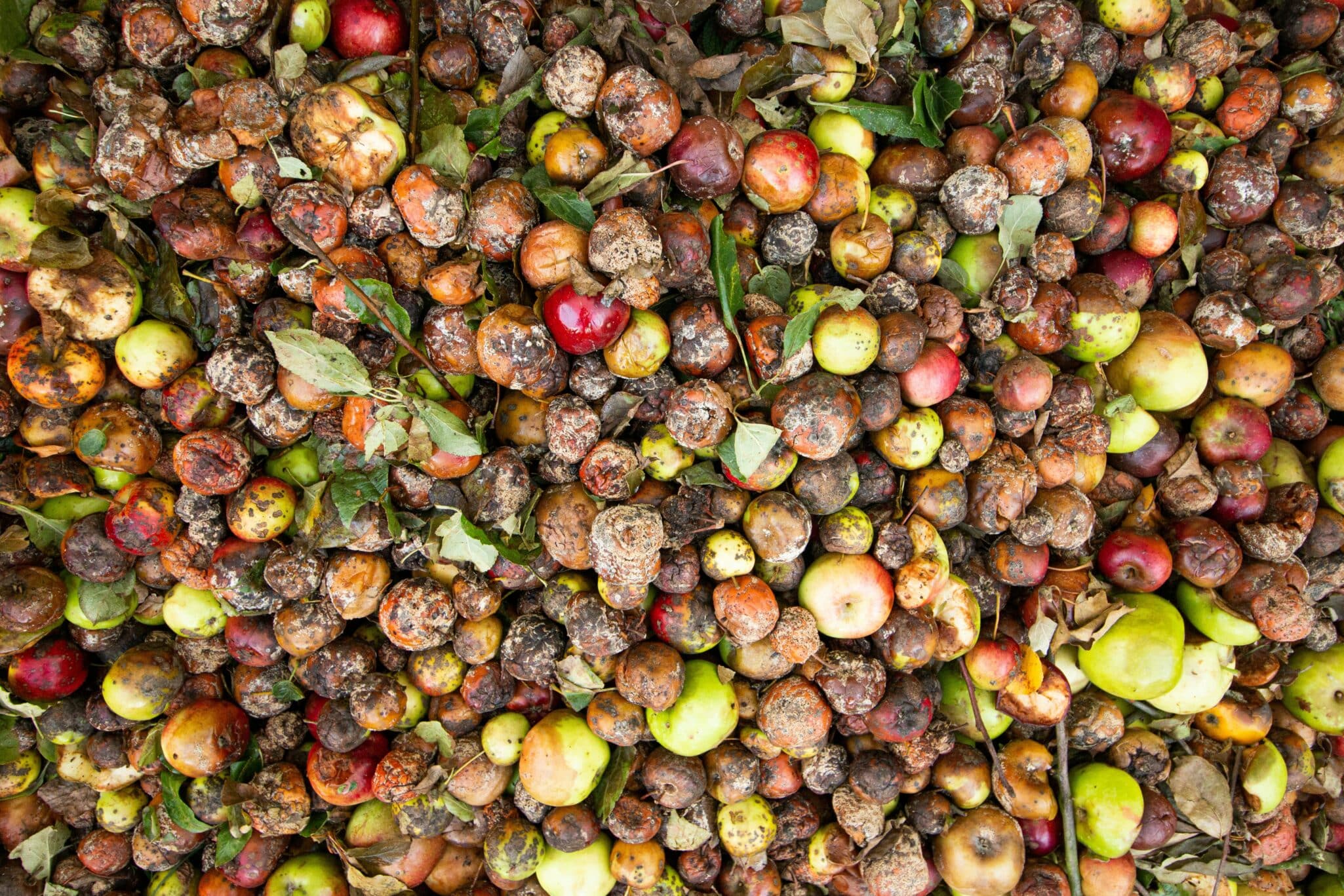Key Takeaways
- Kenyan agritech startup Farm to Feed raises $1.5M in seed funding to expand operations and reduce food loss.
- The round includes $1.27M in equity and $230,000 in non-dilutive funding from DEG’s DeveloPPP Ventures programme.
- Investors include Delta40 Venture Studio, DRK Foundation, Catalyst Fund, Holocene, Marula Square, 54Co, Levare Ventures, and Mercy Corps Ventures.
- The company connects smallholder farmers to new buyers for surplus and imperfect produce, reducing waste and emissions.
- Funds will support expansion across Kenya and regional growth, as well as development of value-added products.
Farm to Feed Expands Food Loss Reduction Efforts with New Funding
Kenyan agritech startup Farm to Feed has raised $1.5 million in seed funding to accelerate its mission of reducing food loss and improving farmer livelihoods. The investment includes $1.27 million in equity and $230,000 in non-dilutive funding from DEG’s DeveloPPP Ventures programme.
The equity round was led by Delta40 Venture Studio, with participation from the DRK Foundation, Catalyst Fund, Holocene, Marula Square, 54Co, Levare Ventures, and Mercy Corps Ventures. The funding will allow Farm to Feed to expand its operations in Kenya and explore new regional markets.
Founded in 2021 by CEO Claire Van Enk, Anouk Boertien, and Zara Benosa, Farm to Feed was established to address inefficiencies in Africa’s food system, where large portions of produce are lost post-harvest, while smallholder farmers struggle with low incomes.
Platform Creates New Market for Surplus and “Imperfect” Produce
Farm to Feed operates a tech-enabled B2B platform that aggregates the “full harvest” directly from smallholder farmers. This includes fruits and vegetables often rejected by traditional buyers due to size, shape, or surplus supply.
The company resells this produce to a network of restaurants, caterers, and food processors, creating a reliable income stream for farmers while reducing methane emissions linked to food waste. To date, Farm to Feed has onboarded 6,500 farmers, sold 2.1 million kilograms of produce, achieved 100% year-on-year growth, and avoided 247 tonnes of CO₂-equivalent emissions.
CEO Claire Van Enk said: “This funding allows us to expand our reach, connecting more farmers to a market that is increasingly demanding sustainably produced food. As we scale, technology remains at the core of our growth, and we’re excited to enhance our systems to support expansion beyond borders.”
Investors Back Farm to Feed’s Climate and Market Impact
Investors view Farm to Feed’s model as a compelling intersection of climate resilience and market efficiency. The company’s approach tackles both agricultural waste and income inequality by ensuring farmers are paid for all their harvest, not just cosmetically perfect produce.
Lyndsay Holley Handler, Co-founder and Managing Partner at Delta40 Venture Studio, stated: “Farm to Feed maximizes farmer incomes by purchasing the full harvest while ensuring that every gram of produce creates value. Whether through exports, B2B sales, or value addition, Farm to Feed is creating a true win-win-win for farmers, businesses, and the planet.”
Maelis Carraro, Founder and Managing Partner at Catalyst Fund, added: “Farm to Feed is transforming one of Africa’s biggest inefficiencies into one of its greatest opportunities. We’ve seen Claire and her team turn a bold vision into a scalable, tech-enabled solution that directly boosts farmer incomes, cuts emissions, and strengthens food system resilience.”
Farm to Feed Looks Ahead to Regional Expansion and Value Addition
The newly raised capital, which follows a $1 million pre-seed round, will support scaling across Kenya and entry into new regional markets. Farm to Feed also plans to strengthen its digital infrastructure and expand its semi-processed product line, enabling farmers to access higher-value local and export markets.


